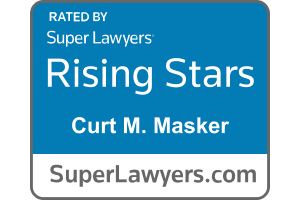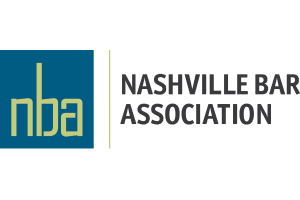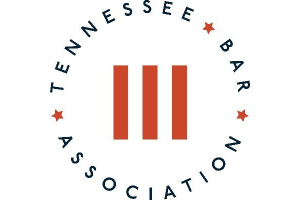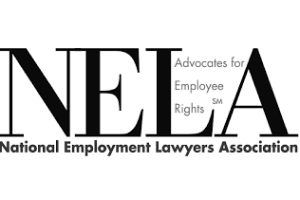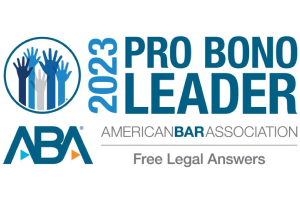for Workers
Unlawful Workplace Retaliation FAQs
Unlawful workplace retaliation occurs when an employer adversely treats an employee because the employee engaged in a protected activity. The protected activity is usually an oral or written complaint that speaks out against what the employee believes is unlawful actions by the employer or its employees. The alleged misconduct may include unpaid overtime, workplace discrimination or harassment, or wrongful denial of medical leave benefits. Unlawful retaliation is the most common type of employment law claim.
Our workplace retaliation lawyers in Nashville aggressively litigate employment law claims in court and before the EEOC. Contact our law firm at the number above or online for your free online case review.
To constitute actionable retaliation in the legal sense, an employee must have (1) engaged in protected activity (reporting a potential violation of federal or state law); (2) suffered an adverse employment action; and (3) evidence showing that #1 is connected to #2.
A retaliation claim is generally not legally viable if the adverse employment action is the result of personality conflicts, bad management, or poor decision making. These are unfair but generally legal reasons to terminate an at-will employee.
Unlawful workplace retaliation includes an employee being terminated because he or she:
– Filed a complaint regarding discrimination or harassment
– Opposed wage and hour violations including unpaid overtime
– Blew the whistle on illegal activities
– Requested or took FMLA medical leave
– Requested or took military-related leave
– Filed a worker’s compensation claim
– Opposed or refused to participate in illegal activities
You may be a victim of unlawful retaliation if you have been targeted by management after you complained about or reported potentially unlawful actions. To know how much your legal claims may be worth, contact a Nashville retaliation lawyer right away.
If you were fired soon after reporting potentially unlawful employer actions, contact a Nashville-based retaliation lawyer online.
For many retaliation claims in Tennessee you may have 180 days or less to file a complaint with the EEOC. In most circumstances, we recommend employees avoid filing their own EEOC complaint (read why here).
The value of a retaliation lawsuit varies significantly from case to case depending on several factors, including how much money you have lost in wages and benefits, the quality and type of evidence showing retaliation occurred, whether or not the retaliation impacted your physical or mental health, and if the employer has a history of committing unlawful retaliation against its employees in the past.
To know how much your retaliation claim may be worth, contact a Nashville-based employment lawyer for a free online case review.
Your first step needs to be speaking with an experienced retaliation lawyer who can explain the applicable laws in detail and ask questions that you may not know to ask yourself. In many retaliation cases, the termination or other adverse action occurs soon after the employee submits a complaint. Lawyers call this close temporal proximity and it can help prove that the complaint, which is legally protected activity, was the real reason for your termination. Also, you can point to solid performance reviews in the months or years leading up to the termination. It is also important to show that the individual who made the final termination decision was aware of your complaint. In the end, conflicting stories create credibility determinations for a jury to decide who to believe.
In Tennessee, employees are protected against workplace retaliation by several employment laws, including Title VII of the Civil Rights Act of 1964, the Fair Labor Standards Act, the Age Discrimination in Employment Act, the Family and Medical Leave Act, the Americans with Disabilities Act, USERRA (military leave), the False Claims Act, and the Tennessee Human Rights Act. Each of these laws prohibits retaliation for asserting rights afforded to employees. Only an experienced employment attorney can explain the legal nuances of all applicable federal and state laws that prohibit retaliation in your particular circumstances.
If you believe you have been wrongfully retaliated against at work, contact one of our skilled Nashville retaliation lawyers. Our law practice is 100% dedicated to employment law.
Contact Rickard Masker, PLC today at the number above or online.


